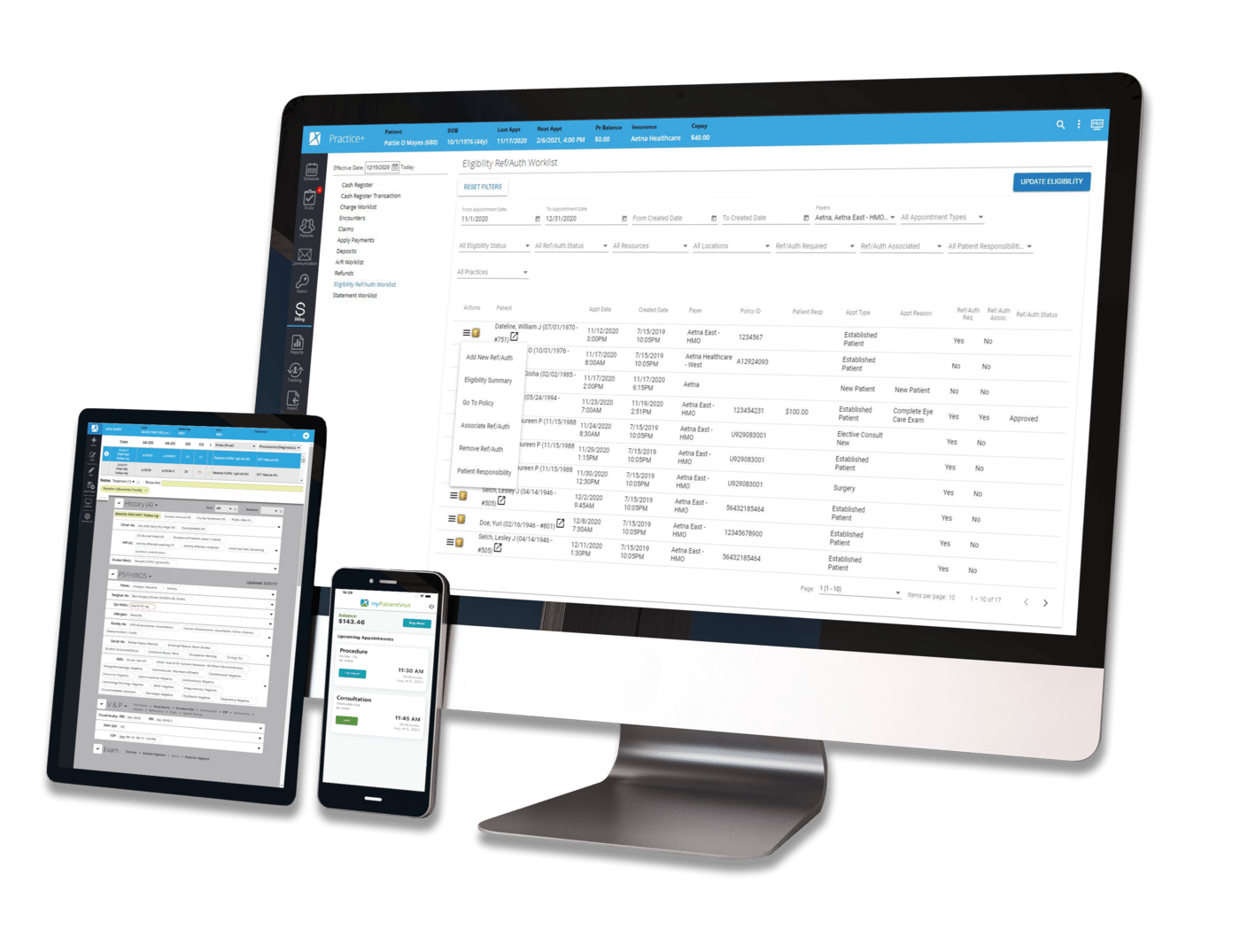Latest Articles
The latest news and information regarding electronic medical records, practice management software, HIPAA, and security from Nextech.

By:
Nextech
February 16th, 2015
Medicine is a field that presents a unique host of challenges when it comes to marketing. It is vital to the health and longevity of your practice, whether it be a specialty-driven office or a general practitioner, that you not only retain current clients but also regularly attract new ones. Many individuals within the medical field might be surprised to learn that word of mouth marketing can still make a difference in today's high tech world. Though it may seem somewhat outdated, this form of communication and advertising is still incredibly valuable for doctors looking to grow their client base and boost patient retention. Take a look at a few factors to consider when approaching word of mouth marketing.

By:
Nextech
February 13th, 2015
Part 2: The Snowden Incident In Silicon Valley today, President Obama is hosting a White House summit on Cybersecurity. A gathering of top tech experts will be there to give lectures and provide input on the subject, including Apple CEO Tim Cook. However, a large number of the best-known senior tech executives will be notably absent from the summit—Mark Zuckerberg (Facebook), Marissa Mayer (Yahoo), Larry Page (Google), Eric Schmidt (Google), and even Bill Gates (Microsoft) all chose to decline their invitations. All of them sent corporate information security officers to attend in their steads.


By:
Nextech
February 13th, 2015
EDGE, Nextech’s first Annual User Conference, is less than two weeks away. We’ve planned three days and nights chock full of networking events, information-packed sessions and collaboration opportunities. Our expo hall will be filled with exhibitors aiming to improve your practice functions, and our product experts at our Innovation Station can help you fine-tune your workflow and answer your specific questions in detail. We will be rolling out several innovative features during the conference that we can’t wait to share with you. But let’s face it – a part of you is probably headed to EDGE to escape the cold, eat, drink and experience the Sunshine State during this ideal time of year.

Security & Data Management | Healthcare Technology
By:
Nextech
February 12th, 2015
Part 1: The Sony Pictures Hack The recent hack of Anthem, the second largest health insurance provider in the U.S., has once again made the topic of cybersecurity painfully relevant to those who work in the healthcare industry. Initial estimates revealed that as many as 80 million Anthem customers had large portions of their records comprised (possibly more). While Anthem insists that no medical or credit card data was stolen, these records still contained a wealth of personal information (all worth a fortune on any of the darknet black market data exchanges)—customer names, dates of birth, social security numbers, addresses, places of employment, and even income data was stolen in the cyberattack. Not only were customer records compromised, but those of Anthem employees as well. Even their CEO, Joseph Swedish, had his personal information stolen during the breach. Anthem has not yet officially disclosed exactly how the hack occurred, except to say that it was a “very sophisticated cyberattack.”

By:
Nextech
February 10th, 2015
In today's world, doing something faster doesn't always yield great results. For instance, you can order fast food in no time, but you may end up getting an average sandwich with very little nutritional value. But the complete opposite is true when it comes to electronic medical records. Nextech EMR software can help your practice get things done faster, while providing even more accurate patient care. Here are a few ways that EMR can improve your practice:

By:
Nextech
February 9th, 2015
The International Classification of Diseases 10th edition consists of two distinct codes sets: ICD-10- Clinical Modification (CM) for diagnosis codes and ICD-10-Procedure Coding System (PCS) for procedure codes. In this article, we will focus specifically on ICD-10-PCS and how its procedure codes will impact specialty-specific practices.

By:
Nextech
February 6th, 2015
For a number of years, many in the healthcare industry have been frightened off by the highly overstated cost estimates for the implementation of ICD-10. Some estimates predicted the costs of this change at as high as approximately $85,000… for even a small practice with as few as three doctors. These sorts of very expensive-seeming cost estimates for ICD-10 implementation have played a big hand in the reason why so many healthcare professionals continue to resist it.